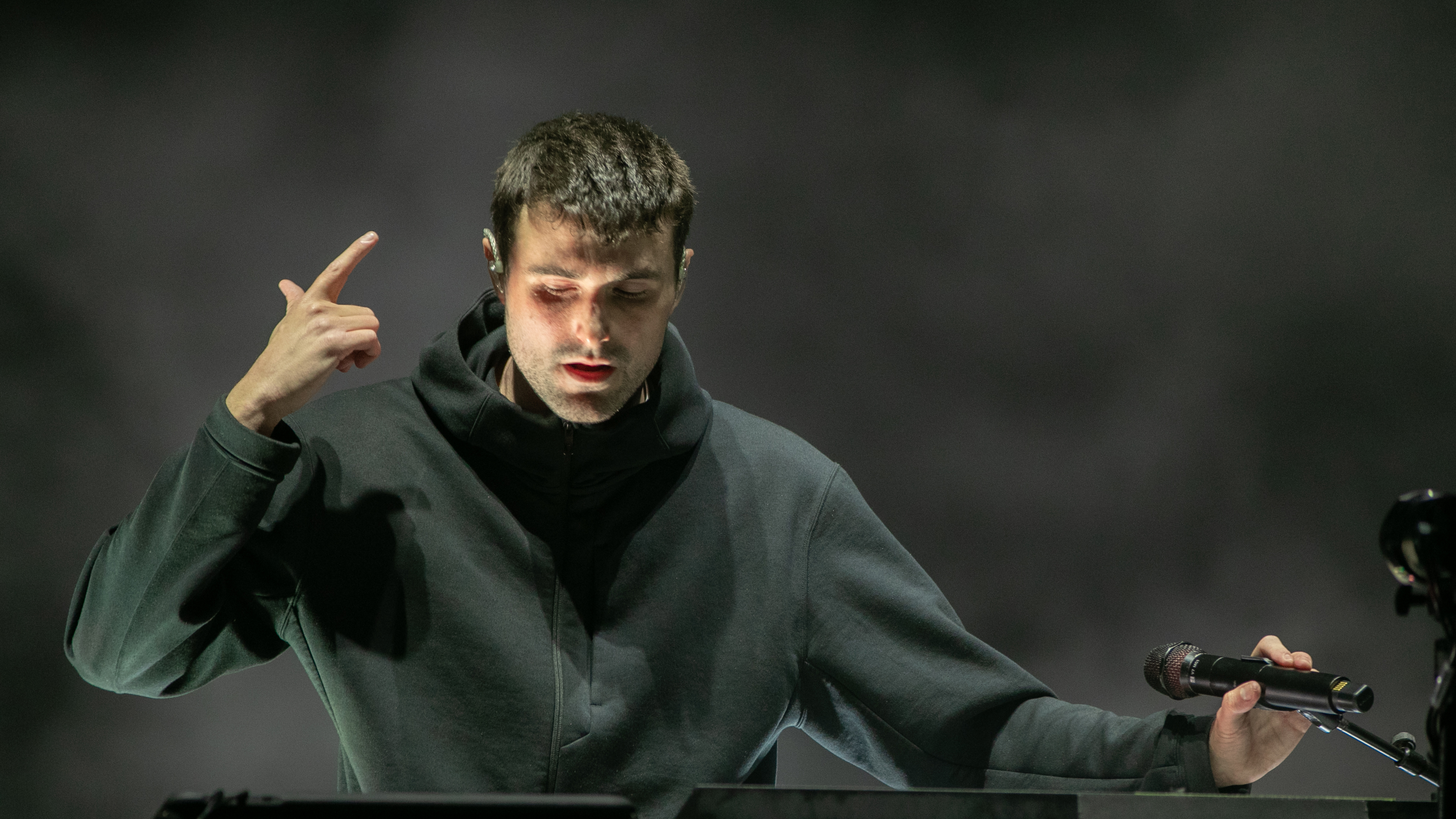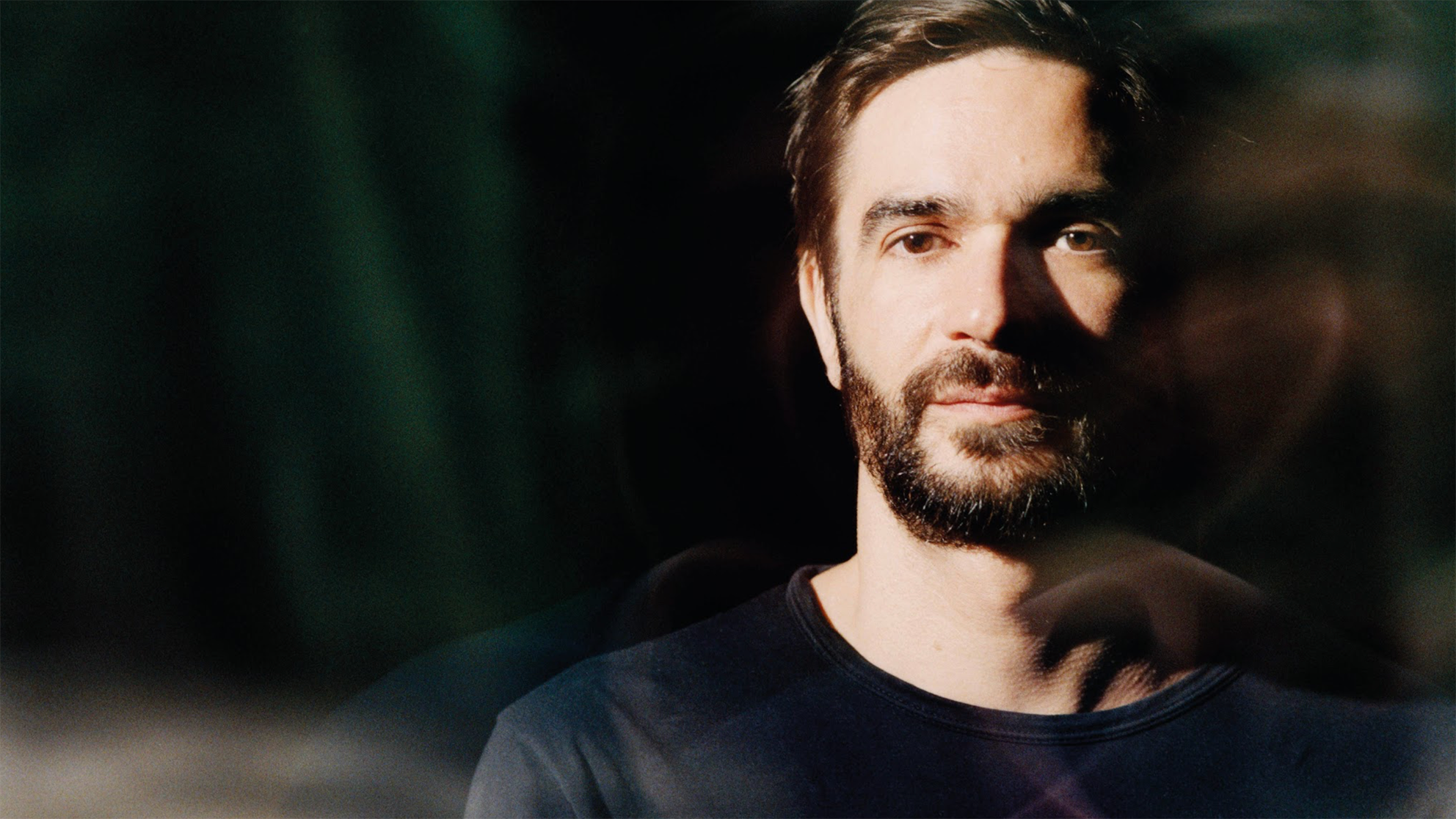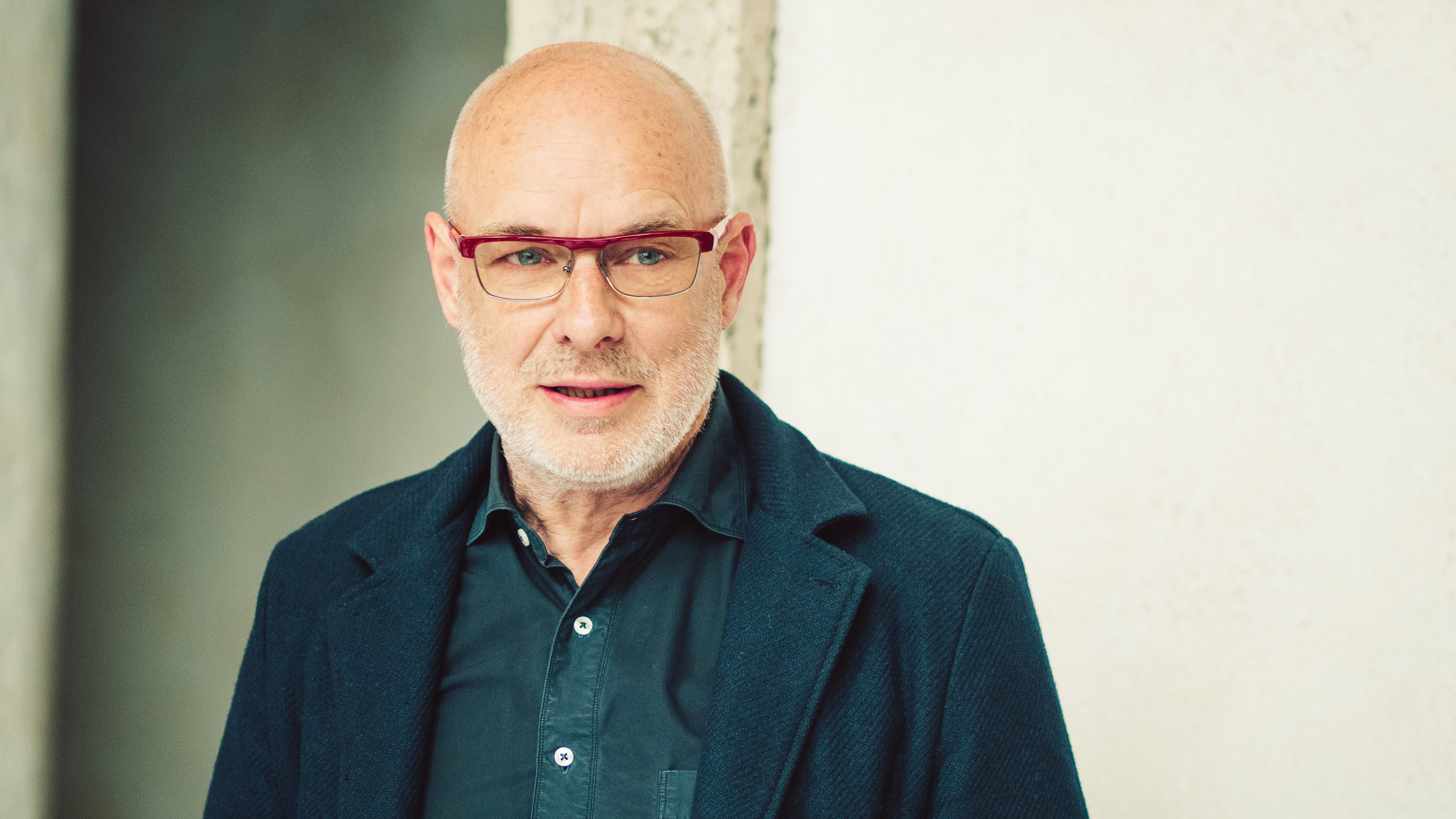The art of the happy accident: 5 times a mistake in the studio ended up being the best part of a track
We investigate how serendipity can be one of the greatest sources of musical inspiration

If you’ve ever played an instrument or produced your own music, you’ve probably made a few mistakes. No judgement here - you're only human. What many don't realize, though, is that accidents like these can be a vital source of inspiration.
Capitalising on musical accidents isn’t a new concept. It’s often said that there’s no such thing as a mistake in jazz, as long as you repeat it as if it was intentional. Mistakes don’t make you a bad musician, provided you’re open to using them to your advantage. More often than not, these so-called "happy accidents" can lead us to new ideas, sounds, arrangements and melodies, if we make sure to follow the creative pathways that such serendipitous mistakes open up.
Happy accidents arrive in many forms; you might stumble upon the perfect hook while messing with your MIDI keyboard or hear some useful material in a technical glitch. Equally, it could mean setting up your gear to generate a random sequence of notes or sounds, then mining the recording for nuggets of musical gold.
In either case, giving yourself the freedom to be open to fruitful mistakes in the studio is a great way to bring some excitement and experimentation into your process. The practice can help to ignite inspiration, beat creative block and take your music in new and unexpected directions.
In this article, we’re going to take a look at some contemporary examples of artists and producers that turned a mistake into a marvel by embracing the art of the happy accident.
1. Kanye West - Runaway
Even if you don’t know it by name, you’ll probably be familiar with this track’s simple but catchy piano riff. Kanye West’s Runaway featuring Pusha T was produced by Kanye West and co-produced by Emile, Mike Dean and Jeff Bhasker.
In a YouTube interview with Shirley Ju, Bhasker discusses working with Jay-Z and Beyonce, describing how a happy accident on his part became the crux of the track Runaway.
Want all the hottest music and gear news, reviews, deals, features and more, direct to your inbox? Sign up here.
Bhasker explains that the writing process of Runaway took considerably longer than the five minutes it took to construct the bare bones of All of the Lights. During the production process, West suggested layering the snare drum on beats two and four with a bell sound.
As Bhasker searched for the correct note on his MIDI keyboard, he inadvertently played the notes that would become the iconic piano riff that makes the song instantly recognisable.
West heard the potential for those notes to reinforce the dark, haunting vibe they were trying to capture in the track and asked Bhasker to continue the riff. After some refinement, the piano melody was eternally cemented in the track.
This demonstrates the importance of persisting with ideas in any way possible, even if it feels like all inspiration has dried out. Had West not suggested layering the snare with a bell, it’s unlikely they would have stumbled upon one of the track's most important elements.
2. Fred again.. - Jungle
Despite having produced for the likes of Ed Sheeran, Stormzy, George Ezra and many other big-hitters of contemporary music, Fred again.. has only risen to fame in the last couple of years. Likely, thanks to his viral Boiler Room set.
Since then he’s been responsible for a swathe of pop/electronic crossover tracks that are as popular in the club as they are on the radio. As a result, he’s now a member of the relatively exclusive group of electronic musicians who have made it to household-name status.
One such track is his 2022 single Jungle, co-produced by Four Tet. The track features club-oriented house drum pattern, a chopped-up vocal sample of Elley Duhé’s track Immortal, and a huge distortion-heavy bassline.
You’d be forgiven for assuming the bassline was created with just about any old synthesiser, but in reality, it’s the result of a happy technical accident. Fred Again took to TikTok the year after Jungle was released to demonstrate how he created the bass sound.
In the video, he’s seen repeatedly plugging a ¼” cable in and out of his Focusrite audio interface, thus creating the noisy and distorted interference that is instantly recognisable as the source of Jungle’s bass sound.
We’ve probably all experienced some unassuming noise or interference while configuring our kit, most of us haven't considered using that sound in a production. As a producer, inspiration can find you at any time - it’s important to keep an ear out for unique and unexpected sounds that might present themselves to you.
3. Jon Hopkins - Love Flows Over Us In Prismatic Waves
It’s not just dodgy hardware that can be the source of unexpected inspiration. Happy accidents can be found in faulty software too. During his appearance on the Tape Notes podcast, Jon Hopkins discussed how a wayward plugin became the source of a unique harmonic layer in a track from his 2021 album Music for Psychedelic Therapy.
In the podcast, he explains how a cheap (and sadly unnamed) plugin would act up every couple of weeks, on one occasion creating a sparkly, ethereal layer of sound that worked perfectly with the rest of the composition.
“This sound was created by using a really, really cheap pitch-shifting plugin that doesn’t really work properly. Occasionally, it starts generating these random harmonics. This sounds like a complex series of notes but actually, it was something that was wrong in the plugin.”
Upon reopening the project, the plugin in question had started behaving itself and the happy accident was seemingly lost. Fortunately, the plugin stepped out of line again some weeks later, and Hopkins was quick to resample its output onto a new audio channel for safekeeping.
This example of a happy accident serves to remind us that these moments of chance can spring up at any time and we should be prepared to capture them at a moment's notice.
4. Lubelski - Happy Accidents
Not all happy accidents are complete mistakes. If you’re experiencing a nasty case of writer’s block, you may want to embrace the power of improvisation or incorporate chance and probability into your music-making.
This is exactly what Lubelski did when writing his album Happy Accidents, which came out on Dirtybird in 2021. Speaking to Flaunt about the album’s concept, Lubelski said “I rarely go into a session with a specific idea in mind. I try to let the ideas flow and find those little moments that catch my attention in the sound and melodies. Happy Accidents is an exaggerated form of that.”
Once you’ve set the parameters within which your equipment will behave, the skill is in listening out for those pockets of sonic goodness and trying to identify patterns or sounds that can form the basis of a new track. You might find a single element which sparks the idea for a new song, or you could take it to the extreme like Lubelski and create entire projects with accidentally-made material.
You don’t necessarily need complex (and often expensive) modular equipment to create an infinite sequence of ideas for your next track, as evidenced in the following example...
5. Brian Eno - Reflection
The concept of setting your equipment up to spontaneously generate endless melodies isn’t restricted to hardware; you can do the same thing with software too. In a 2017 video for the BBC, Spencer Kelly is joined by Brian Eno, who is often considered to be the godfather of ambient music. Eno reveals how he uses Logic Pro and several instances of Scripter to initiate random MIDI sequences.
Scripter is a script editor that allows the user to program notes, thus generating musical sequences in an unconventional way. Instead of playing them on a MIDI keyboard or drawing them in on a piano roll, Scripter lets you set a number of rules which influence each note’s probability, velocity, transposition and range. Methods of music-making like these that rely on systems of chance to create constantly evolving patterns are called generative.
Once a number of instances of Scripter are set up in the desired configuration, Eno says he leaves the script running and gets on with other things in the next room. All the while, he’s listening out for unique melodic phrases that could be utilised in a new project.
“What I do is I get it running, and then I sit in the other room and I write or I read or whatever I’m doing, and I’m listening all the time it’s playing. And then I’m thinking “there’s too much of that note” or “it’s too dense”, so then I come back in and I alter the rules a little bit”.
While Eno achieves this using tools that are exclusive to Logic Pro, you can use any DAW to create an environment that is primed for creating happy accidents. Ableton Live comes with a whole folder of note-generating MIDI Devices, or there are plenty of third-party MIDI generation plugins that can be used in any DAW.
Eno made use of generative processes like these in the making of his 2017 album Reflection; rather than taking the form of a fixed composition, the project plays indefinitely via a mobile app, made up of an ever-changing sequence of sounds governed by chance and based on a system of rules predetermined by Eno.
How to find your own happy accidents
Modern music production can be a rigorously technical discipline, but sometimes it’s important to take a step back and remind ourselves that it’s also a creative practice that’s meant to be fun. The more fun you're having, the better your music will sound, and it's often in the flow of play and improvisation that happy accidents occur.
Next time you sit down to start a new project, why not try breaking your own rules? You could experiment with generative tools, test out a combination of plugins that you’ve never used before, or even try designing a sound with your speakers muted, just to see where serendipity takes you.


Jake Gill is a journalist, content writer and music producer based in Bristol, UK. Having studied marketing as well as music production, he's gone on to write for some of the industry's leading software developers, instrument manufacturers and publications. Alongside his writing work, he produces and DJs all manner of electronic music under his Yanari alias.

![Fred again.. - Jungle (18 June 2022) [Visualiser] - YouTube](https://img.youtube.com/vi/zBp7KBmgsdU/maxresdefault.jpg)






